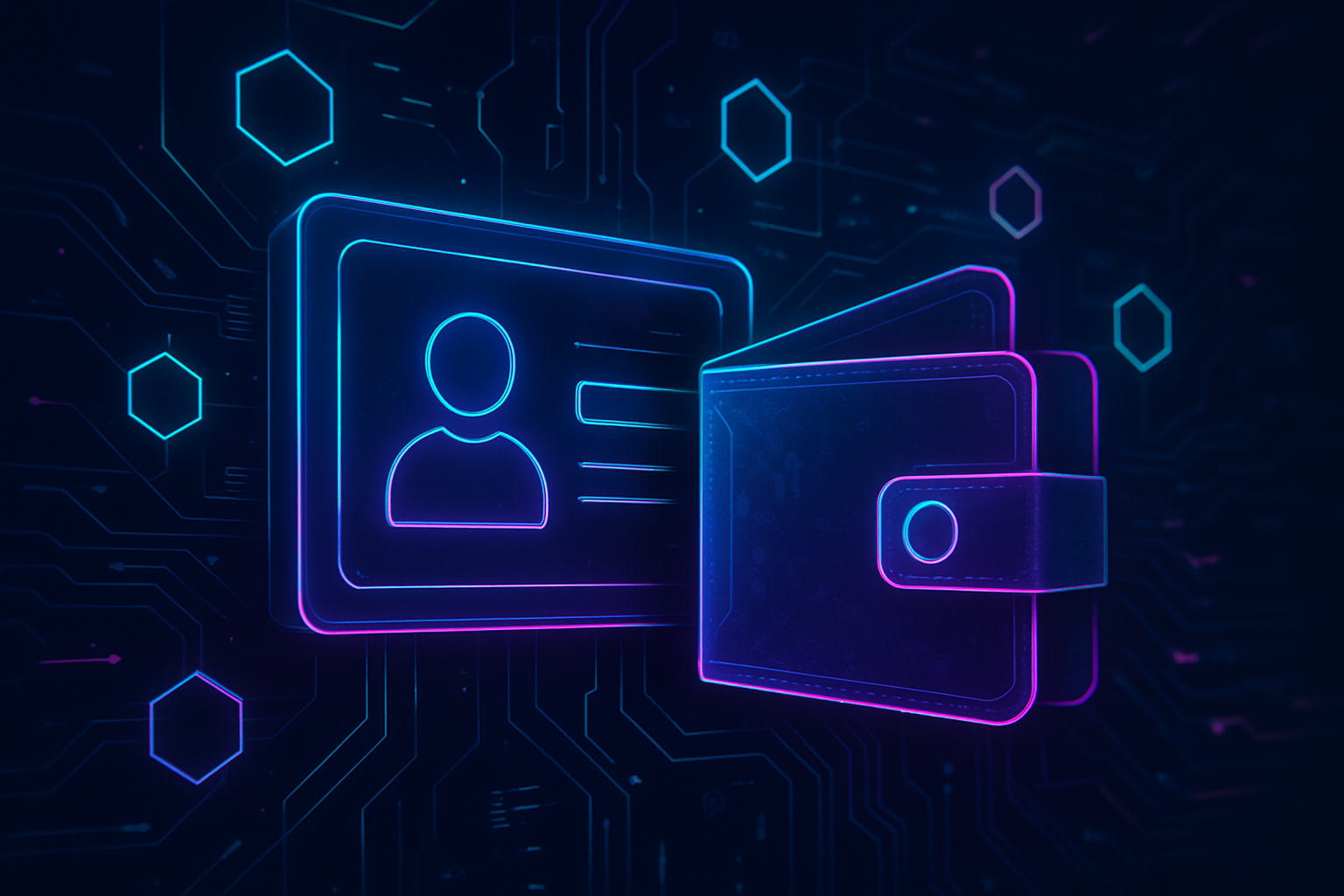
Web3 onboarding has long been hampered by fragmented identity systems, wallet proliferation, and the friction of repeatedly verifying credentials across different chains. Chain-agnostic decentralized identity (DID) wallets are now emerging as the antidote, empowering users with a single, portable identity that works seamlessly across blockchains. This innovation is transforming the onboarding experience for both users and decentralized applications (dApps), reducing complexity while enhancing privacy and control.

Why Chain-Agnostic DID Wallets Matter for Web3
Traditional Web3 onboarding requires users to juggle multiple wallets, each tied to a specific blockchain. This siloed approach not only complicates access but also creates security and usability challenges. Chain-agnostic DID wallets, such as those powered by the idOS network, solve this by allowing users to verify their identity once and interact with any supported network or dApp without repeating cumbersome Know Your Customer (KYC) steps.
With a single, reusable digital identity, users can:
- Authenticate seamlessly across Ethereum, NEAR, Solana, and other chains
- Preserve privacy using zero-knowledge proofs (ZKPs) that prove eligibility without exposing raw data
- Reduce onboarding friction for both DeFi and NFT platforms by eliminating redundant sign-ups
This is not just theoretical. The open-source idOS platform is already enabling stablecoin onboarding and KYC reuse across multiple projects. Its plug-and-play APIs make it easy for dApps to integrate decentralized identity checks that are both chain-agnostic and compliant.
Key Features Driving Adoption
Key Innovations in Chain-Agnostic DID Wallets
-
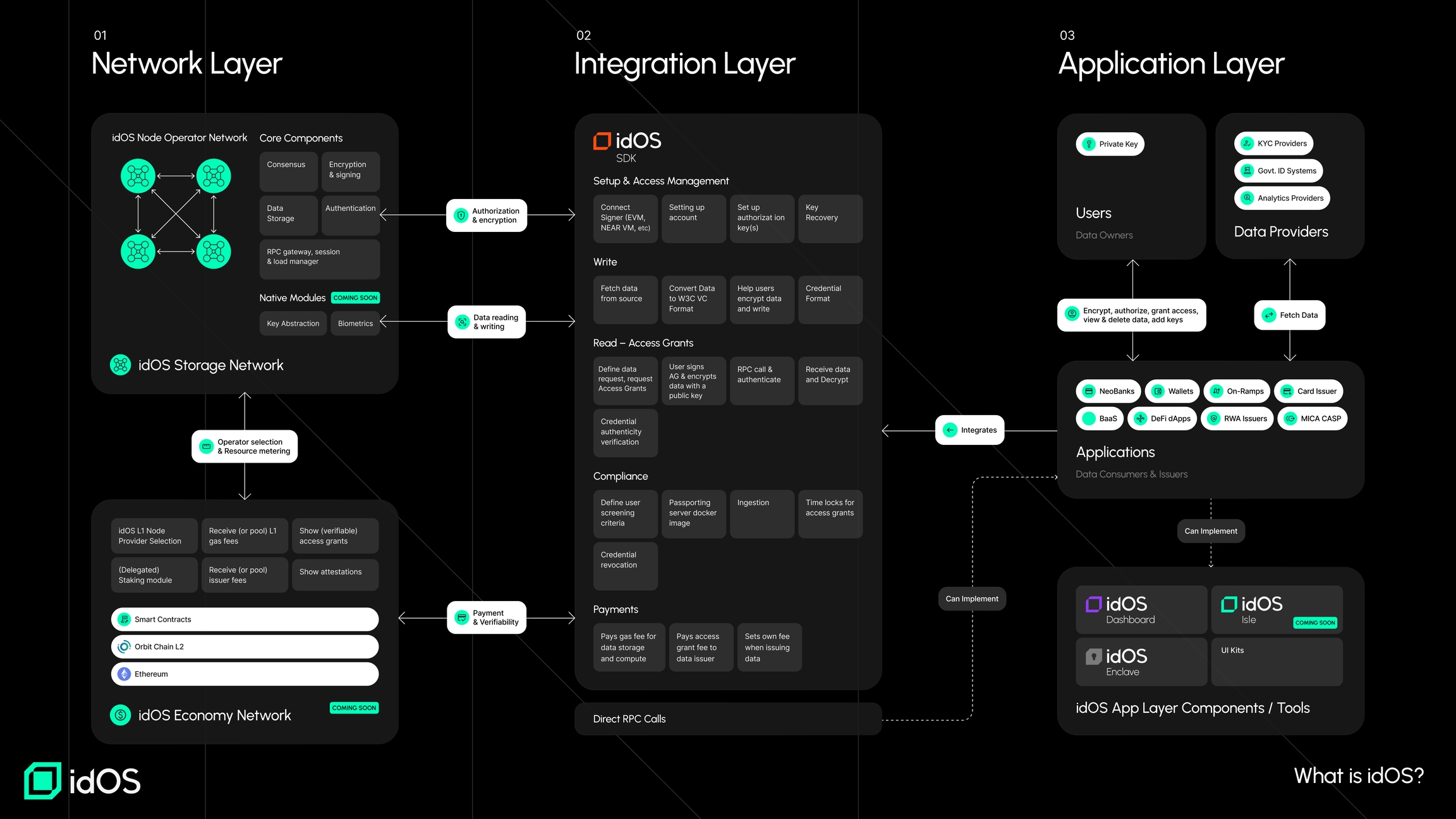
Unified Identity Across Blockchains: Solutions like idOS and INTO Wallet empower users with a single, reusable identity that works seamlessly across multiple blockchain ecosystems, reducing friction and complexity.
-

Zero-Knowledge Privacy: Advanced DID wallets leverage zero-knowledge proofs (ZKPs) to verify user credentials without exposing sensitive data, ensuring privacy and security in every transaction.
-
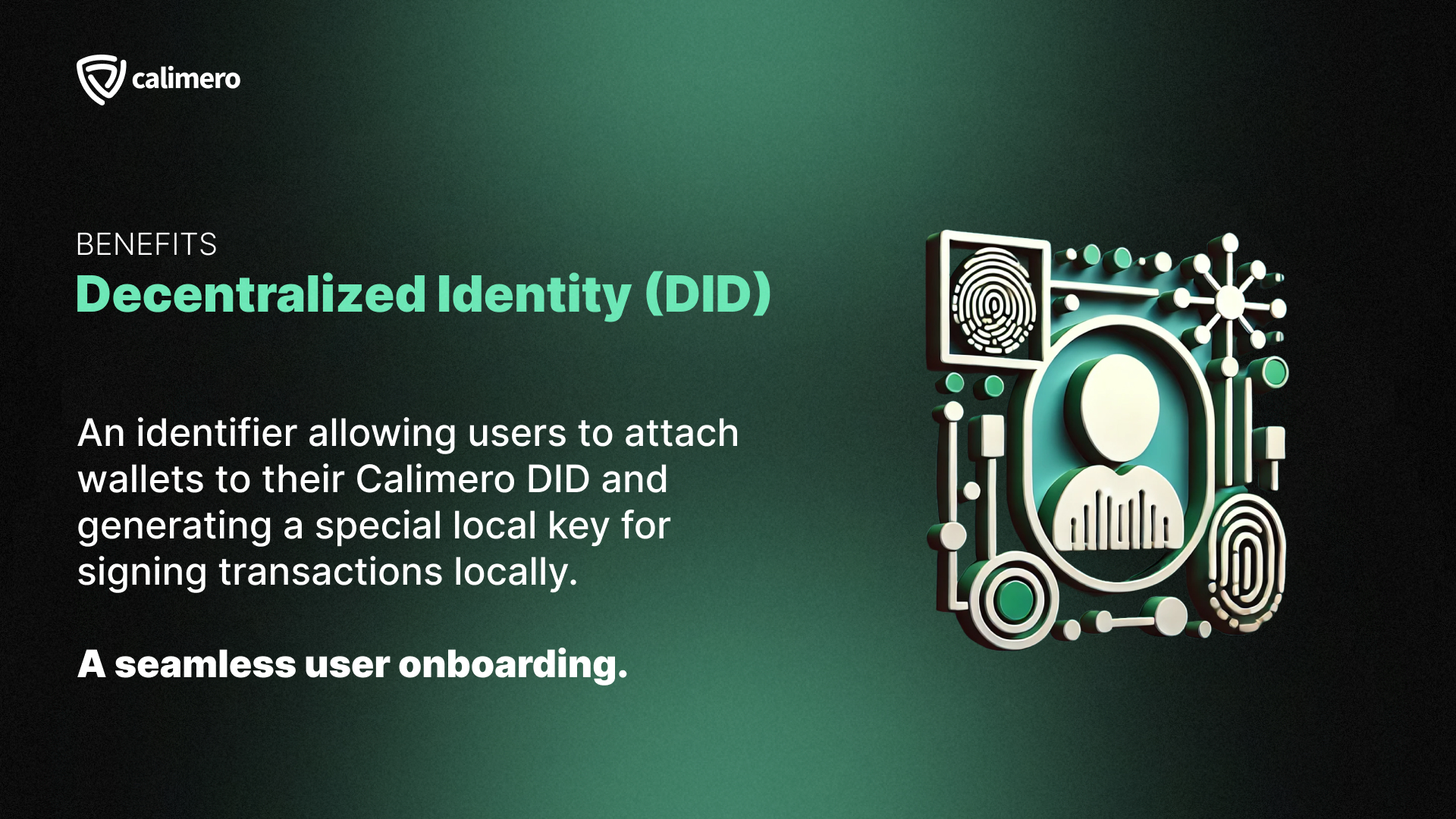
Cross-Chain Compatibility: Wallets such as FOURwaL by 4thTech and idOS support interactions across multiple blockchains, enabling users to access diverse dApps and services without switching wallets.
-
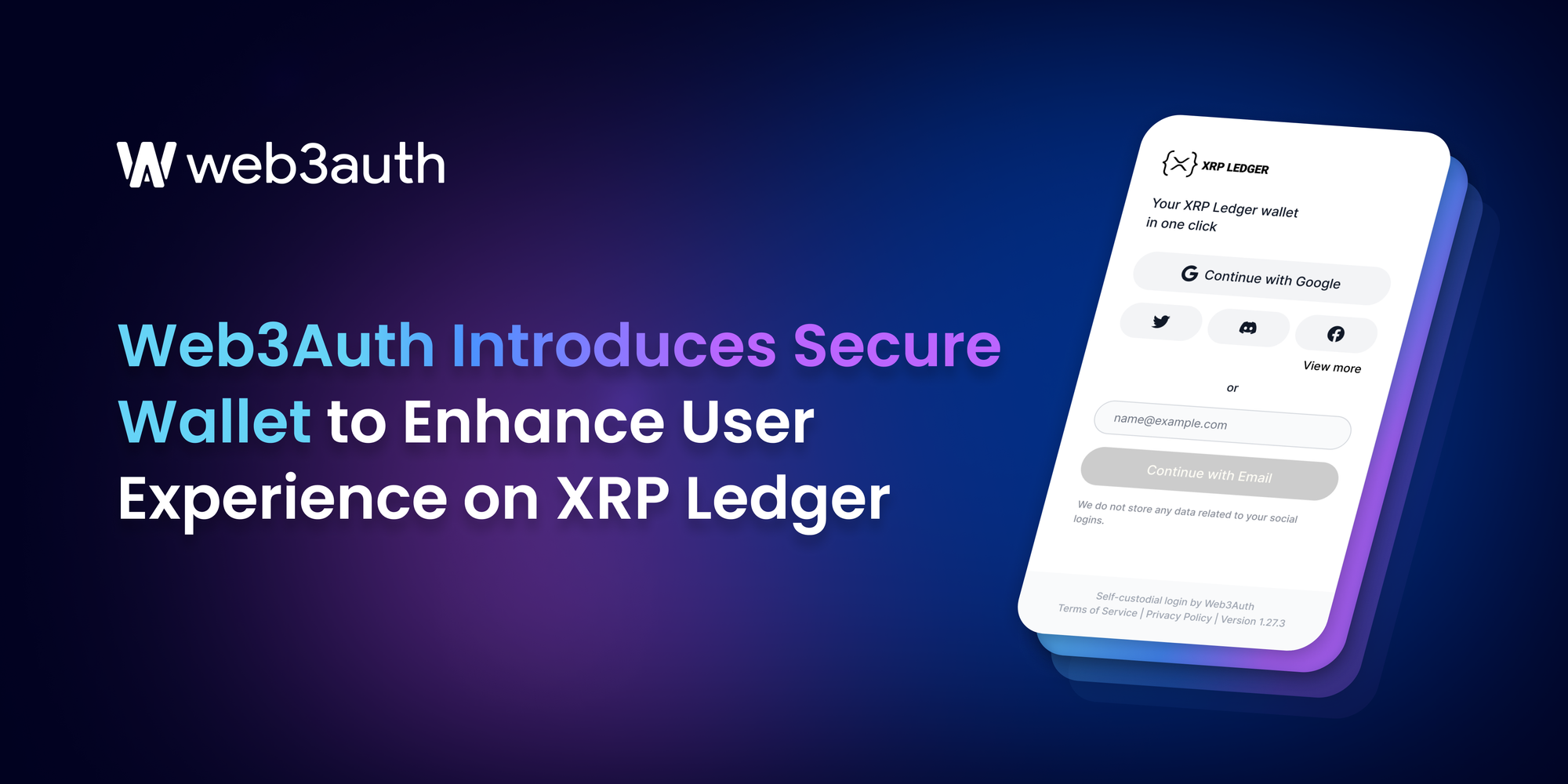
Seamless Social Login Integration: Partnerships like Web3Auth x Trust Wallet let users onboard with familiar credentials (e.g., Google, Facebook), removing barriers and making Web3 accessible to mainstream users.
The latest generation of chain-agnostic DID wallets comes packed with features designed for real-world usability:
- Unified Identity Across Blockchains: Maintain one self-sovereign identity for all Web3 interactions. Solutions like the INTO Wallet offer soulbound credentials that are immutable and manipulation-resistant. (source)
- Zero-Knowledge Proofs for Privacy: Authenticate eligibility (e. g. , age, residency) without revealing sensitive information, leveraging advanced cryptography for compliance and data minimization. (source)
- Simplified Social Logins: New integrations allow users to onboard with familiar credentials (Google, Facebook), removing the headache of seed phrases while preserving non-custodial control. (source)
- Cross-Chain Interoperability: Engage with any EVM-compatible or non-EVM chain from a single wallet, boosting access to DeFi, gaming, and NFT ecosystems. (source)
Real-World Implementations: From idOS to Privado ID
The shift toward chain-agnostic identity is no longer just a vision. Platforms like idOS are delivering on the promise of reusable credentials and portable onboarding infrastructure. For example, idOS has raised $4.5M to fund its mission of building an open-source identity layer for Web3 that gives users full control over their data and credentials. (source)
Similarly, Privado ID’s multichain protocol is setting new standards for device-agnostic identity management, while FOURwaL by 4thTech enables non-custodial multi-chain wallet management for both individuals and organizations.
As the Web3 ecosystem matures, the demand for decentralized identity onboarding solutions that work across blockchains is intensifying. Chain-agnostic DID wallets are becoming the linchpin for user-centric, privacy-first identity management. They address one of the most persistent pain points in crypto: onboarding new users without sacrificing security or usability.
Developers are rapidly integrating these solutions into their dApps. Plug-and-play APIs from platforms like idOS let builders add KYC and identity checks that are compliant, reusable, and frictionless. This is especially critical for regulated sectors such as DeFi and stablecoins, where user verification is non-negotiable but must not come at the expense of user autonomy.
“We will all have less if we don’t collaborate. That is true for the general web3 industry, but even more so for decentralized identity adoption. “
This spirit of collaboration is fueling cross-chain standards and open-source innovation. With initiatives like idOS network wallet, users can verify once and transact everywhere, while developers unlock broader user bases without fragmenting their UX.
What’s Next? The Road to Mass Adoption
The next wave of growth hinges on three pillars:
- User Education: For mainstream adoption, users must trust that their data remains private and portable. Clear messaging around zero-knowledge proofs and self-sovereign identity is essential.
- dApp Ecosystem Support: The more projects that support chain-agnostic credentials, like those built on idOS or Privado ID, the easier it becomes for users to move between protocols without re-verifying or creating new accounts.
- Regulatory Clarity: Reusable KYC credentials that meet compliance standards will be a game-changer for onboarding fiat onramps and institutional users.
How Chain-Agnostic DID Wallets Streamline Web3 Onboarding
-

idOS Network: Empowers users with a portable, reusable identity that works across DeFi, NFTs, gaming, and DAOs, eliminating repetitive KYC and onboarding steps. Learn more.
-

Web3Auth x Trust Wallet: Integrates social logins (Google, Facebook) for frictionless onboarding, letting users access DeFi and NFT platforms without managing seed phrases. See partnership.
-
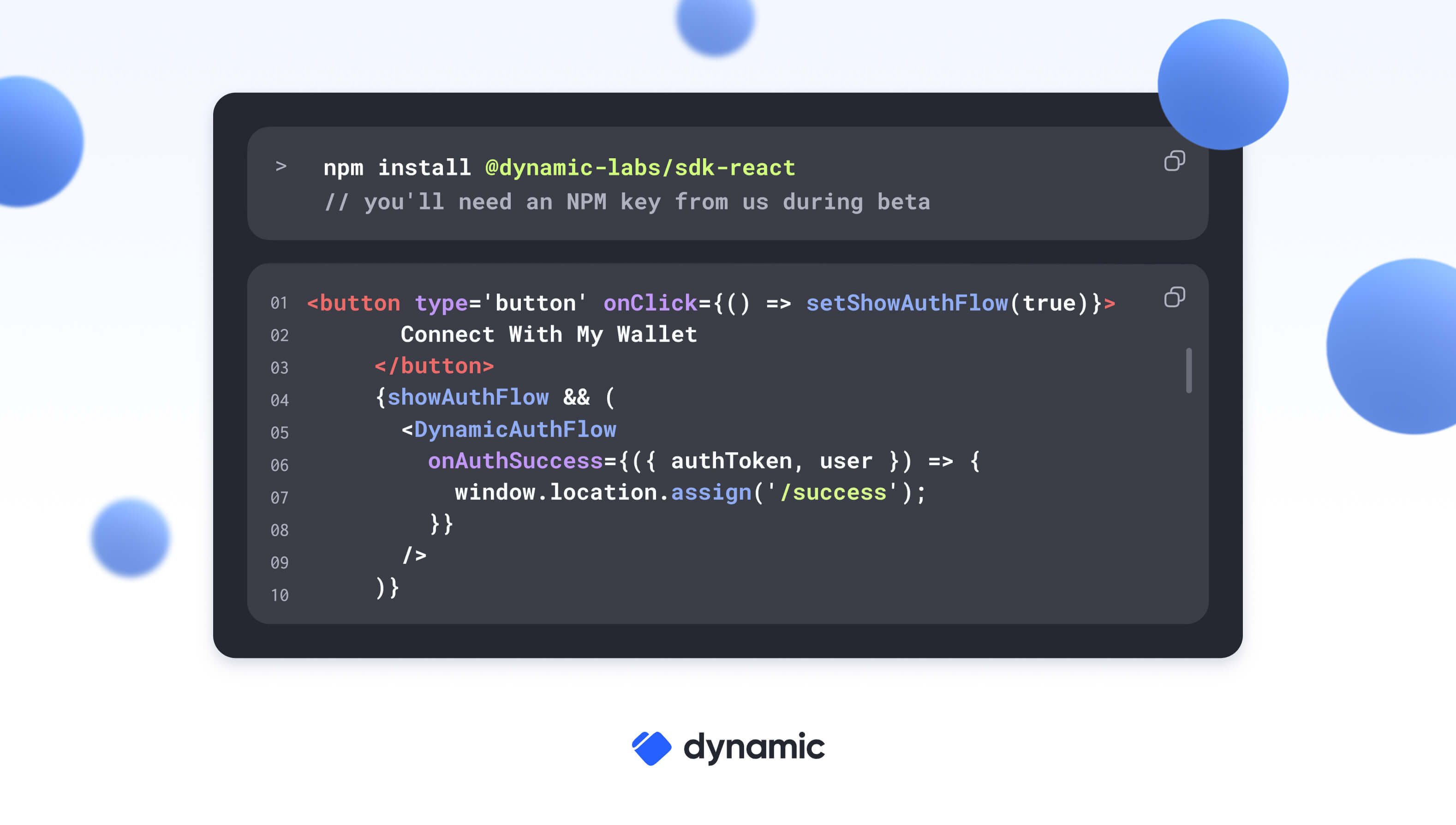
INTO Wallet: Offers a multi-chain, soulbound identity that is immutable and secure, enabling seamless authentication and participation in DAOs, DeFi, and gaming dApps. Read more.
-
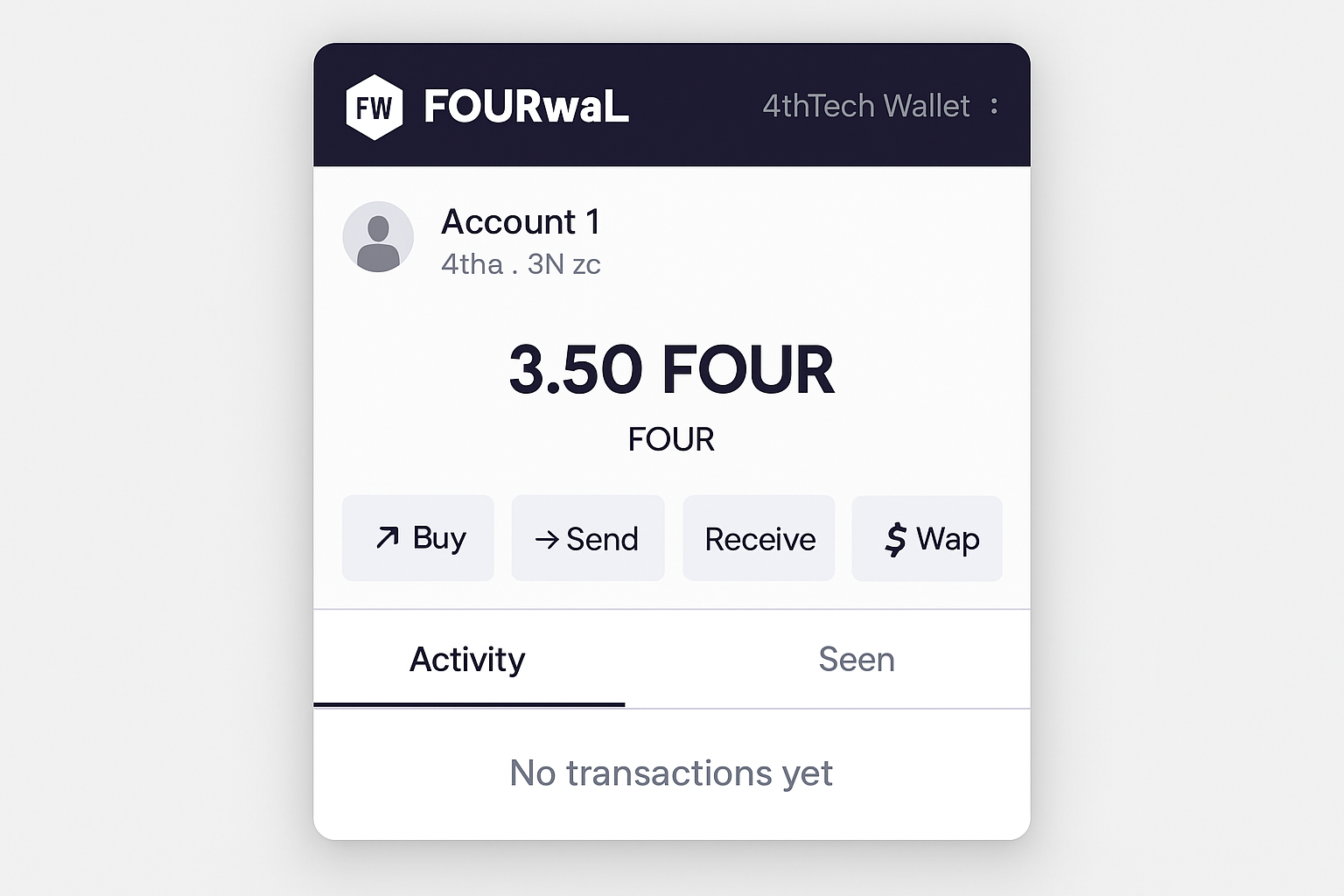
FOURwaL by 4thTech: A non-custodial, multi-chain wallet extension that lets users manage decentralized identities and interact with dApps across blockchains, streamlining onboarding for NFT marketplaces and DeFi protocols. Details here.
-
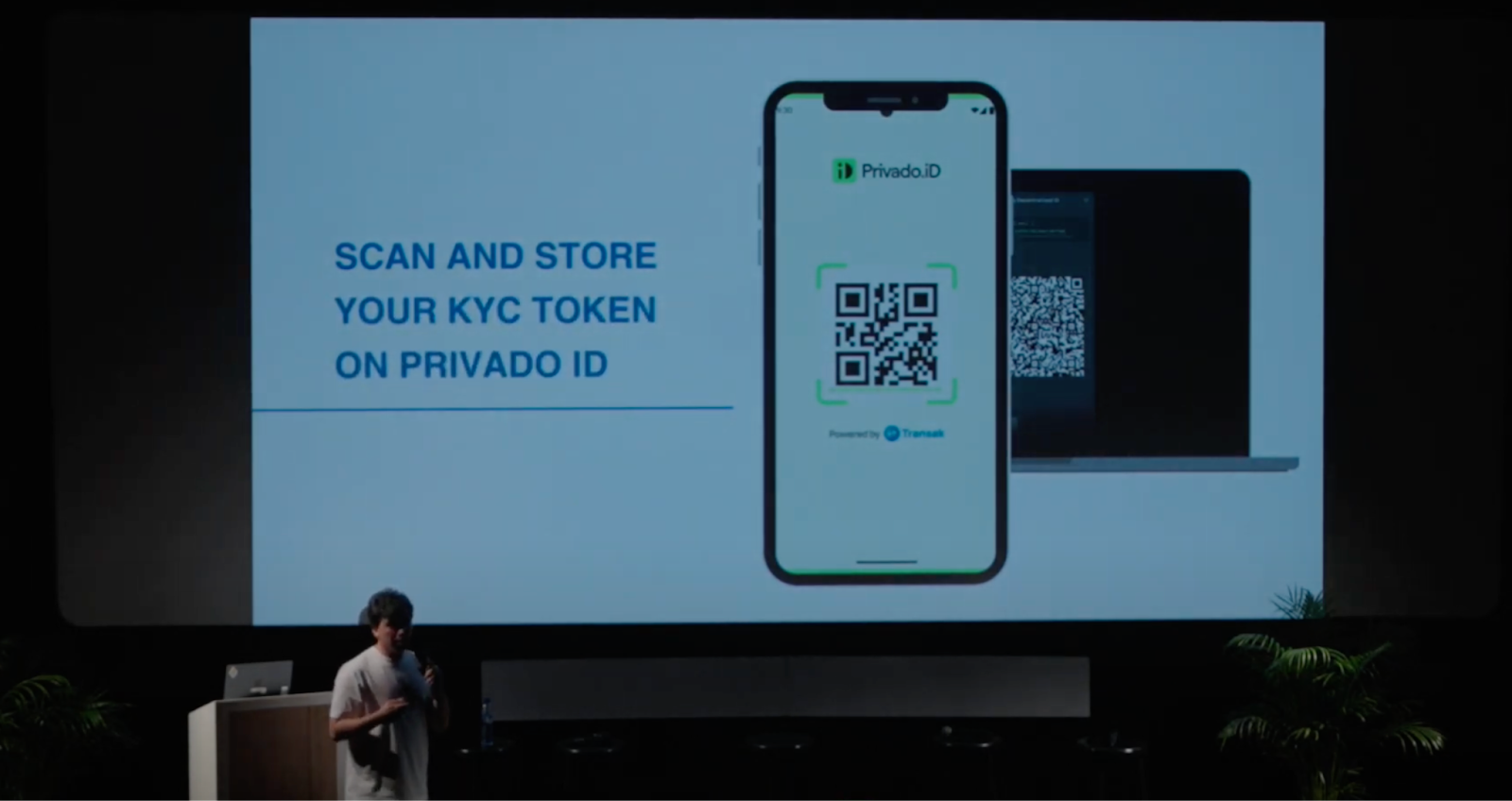
Privado ID: Introduces a chain-agnostic, multidevice protocol for unified identity, enabling users to access Web3 services from any device or blockchain with enhanced privacy. Discover Privado ID.
The practical impact is already visible. NFT marketplaces are seeing higher conversion rates as onboarding steps collapse from minutes to seconds. DeFi protocols report fewer abandoned sign-ups when users can bring verified credentials from other chains. Gaming projects benefit from players carrying a single avatar and reputation system across multiple worlds.
Why Interoperability Is Non-Negotiable
Chain-agnostic wallets not only remove onboarding silos, they also future-proof digital identity against platform risk. As new chains emerge or existing ones evolve, a portable Web3 identity ensures users retain control and access, no matter where innovation leads.
The trajectory is clear: Web3 identity management will be chain-agnostic by default. The winners will be those who prioritize interoperability, privacy, and user experience from day one.
Which feature matters most to you in a chain-agnostic decentralized identity (DID) wallet?
Chain-agnostic DID wallets are transforming Web3 onboarding by offering unified identities, privacy, and seamless cross-chain access. Which feature do you value most when choosing a DID wallet?
If you’re building in Web3 or evaluating your next wallet, look for solutions that embrace open standards like idOS and Privado ID. The future of decentralized identity is collaborative, portable, and radically user-owned.






